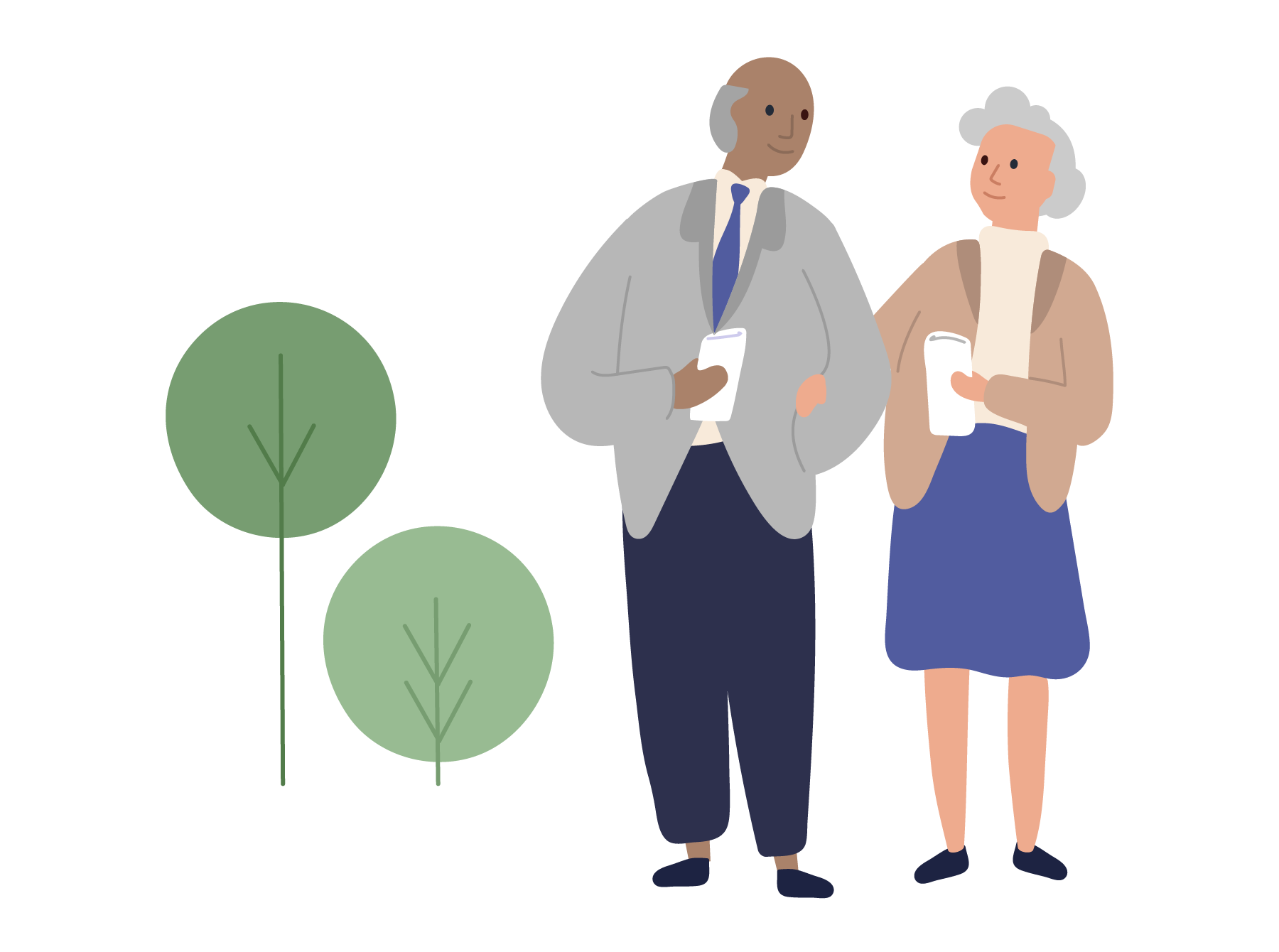We all no doubt know an older person who is struggling with some aspect of life. Getting older is not for the faint-hearted, and although there are many positives to ageing, it can bring with it a whole host of difficulties.
And when those difficulties involve health, abilities, loneliness and life changes, it’s easy to see why elderly people often need greater levels of assistance and care.
So, if you have an elderly friend, relative or neighbour who’s finding ageing a challenge, there’s plenty you can do to help them. Here are some ideas about how to take care of the elderly through many of life’s difficulties.
Physical difficulties
Physical limitations, mobility challenges, loss of flexibility and muscle weakness are common problems associated with ageing. As we get older, the changes to the body’s abilities can leave older people unable to perform simple daily tasks that they used to perform easily.
This can lead to a sense of frustration and uselessness as well as the difficulties of performing necessary tasks.
How to help
If people are no longer able to carry out daily tasks, there are a few ways you can help them.
Offer to do or help with some of the tasks they can no longer do (for example, mowing the lawn, cleaning the house, changing the sheets etc.).
Encourage or help the person to access help at home, such as a Commonwealth-funded Home Care Package https://www.finleyregionalcare.com.au/services-at-finley-regional-care/complete-care-packages/
Exercise is key to remaining strong, flexible, and mobile for as long as possible. Encourage the older person to remain active, offer to go for a walk with them, or suggest seeking the services of an accredited exercise physiologist to help create an exercise program specifically tailored to their needs and limitations. You can find one here: https://www.essa.org.au/Public/Pseudocode/Search-Buddy/Search-Buddy-Location.aspx
Health challenges
One of the main challenges older people will face is the deterioration of their health. As people age, diseases, disability, and chronic health conditions often start to creep in, leading to a decrease in independence, wellbeing and feelings of positivity. Chronic conditions like diabetes, heart disease, arthritis, osteoporosis and strokes can restrict regular functions and daily activities, and often lead to increased care needs.
How to help
Health challenges can be tricky, as often older people need professional help with their health issues. However, you can help them access that help, by driving them to appointments, picking up medications and helping them access help in the home, such as a Home Care Package.
Financial burdens
Financial problems can cause a great deal of stress for elderly people, as many of them now rely on a fixed income or pension. This may not always be enough to cover their needs or any unexpected expenses.
How to help
- There is support available for seniors who may be struggling financially. Find out more at My Aged Care: https://www.myagedcare.gov.au/support-financially-disadvantaged-people
Mental Health
Depression and anxiety are common problems for seniors, and can cause severe issues in their physical, personal and social lives.
How to help
If you suspect someone is suffering from a mental health condition, help them to access support from a doctor, counsellor, or phycologist. Plus, it’s always good to offer them a listening and compassionate ear if they just need to talk.
Social isolation
Older people can easily become more and more isolated as the years go by, as old friends or family members move away or pass on. Their physical and health limitations may also make maintaining social connections more difficult. And this is a problem, as social connections play a vital role in maintaining good mental and emotional wellbeing. Older people who live alone and have little social interaction can suffer a whole host of negative health effects, including depression, loneliness, loss of meaning and purpose and even decreased longevity.
How to help
- Visit your friend or family member regularly. If you can’t do it in person, try organising regular zoom catch-ups or phone calls.
- Take them out for activities or outings.
- Offer to transport them to meet up with friends or family members.
- Encourage them to speak to their doctor if they seem to be suffering ill effects from too much isolation.
Life changes
Ageing is full of life changes and transitions. Transitioning to retirement, moving out of the family home, possibly relocating to a new area and experiencing changes to living arrangements can all be unsettling for older people, even if the changes are welcome. It can be difficult adjusting to unfamiliar surroundings, new routines and different ways of spending your time, and can lead to feelings of depression and anxiety.
How to help
It can sometimes help to be a constant in someone’s life, especially if everything else is changing.
Stay in contact with your elderly friend or family member, even if they are moving away and reassure them that you’ll always be there for them. Help them to make their new surroundings homely and familiar, and help them to settle in where possible.
Also help them to find a new sense of purpose or meaning outside of work of caring for family, by exploring new hobbies, sports or interests.
Aged care
Sometimes older people are no longer able to live and care for themselves safely on their own, which means it’s time to consider aged care.
The aged care system in Australia can sometimes be complex and challenging to navigate, particularly for non-tech-savvy people.
It’s full of assessments, fees, documents, protocols and information to absorb, and it can be hard to know where to start, especially when you’re injured, unwell or just trying to understand the system.
How to help
Aged Care advocacy is available for older people struggling to access aged care. Find out more here: https://www.myagedcare.gov.au/advocacy
It can also help to visit and tour aged care facilities before making a decision about which one you would like to live in. Book a tour of a high-quality aged care home in regional New South Wales here: https://www.finleyregionalcare.com.au/contact-us/





Leave a Reply